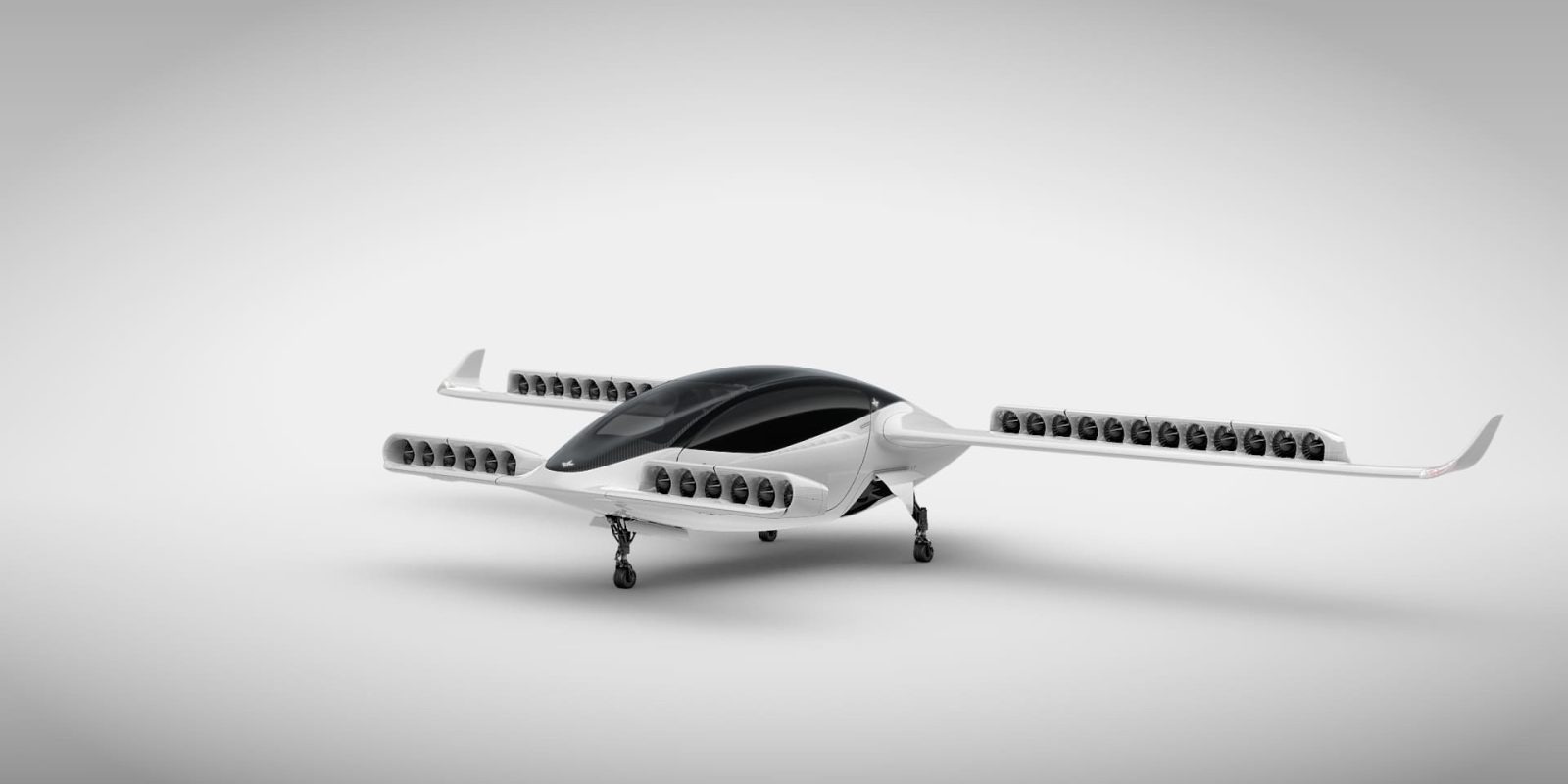As part of a memorandum of understanding tied to the proposed development and operation of an eVTOL network in Saudi Arabia, Saudi Arabian Airlines (Saudia) has signed with Lilium to acquire 100 Lilium Jet eVTOLs. At the Future Investment Initiative’s sixth edition in Riyadh, the parties signed an MOU.
Saudia said it would use the new connection to create seamless feeders to its business-class hubs and new electric point-to-point connections. As Lilium believes its flexible cabin architecture can help drive early adoption of eVTOL aircraft, the company promotes the Lilium Jet as being ideal for meeting the needs of the top end of the market.

Lilium also expects Saudia to assist with the regulatory approval processes required for the certification of the Lilium Jet in Saudi Arabia.
“Saudia, building on its commitment to be an industry-leading airline committed to sustainability, considers our eVTOL network project with Lilium to be an undertaking of great significance for the kingdom’s aviation industry and will contribute effectively to spurring sustainable tourism in Saudi using zero-emission aviation,” Ibrahim Koshy, CEO of Saudia. “Saudia intends to meet a growing demand for regional air mobility and offer our valued guests a superior on-board experience. The potential for such an airborne transit network is limitless.”
Asseily, Lilium’s vice chairman, said it is the company’s first Middle East partnership.



Parties to the proposed arrangement must complete a feasibility assessment, agree to commercial terms, and satisfy “certain conditions” related to a definitive contract.
The seven-seat LiliumJet was originally scheduled for certification in 2024, but Lilium in March said it may be delayed by up to 12 months into 2025.
As part of the Lilium deal, Neom and Volocopter announced a separate agreement last December to launch urban air mobility services by 2024 with ten two-seat VoloCity aircraft and five fully autonomous VoloDrone cargo-carrying vehicles.
A public vertical mobility system will be developed in Neom, on the country’s Red Sea coast, under an agreement signed on December 1. There are plans to develop Oxagon, an industrial city, and The Line, a residential community that will extend over 100 miles and house one million people.



